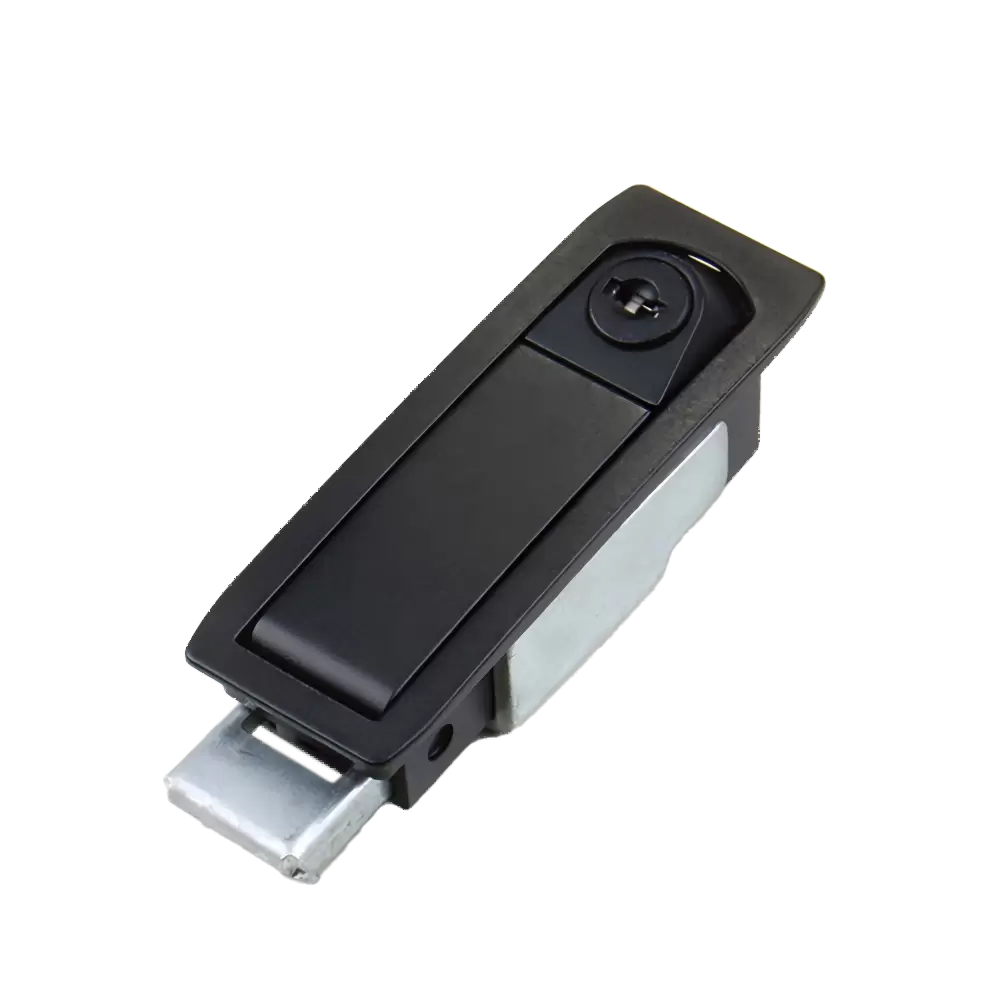Hiking is not just a recreational activity; it’s a way to connect with nature, challenge oneself, and enjoy the great outdoors. However, to ensure a safe and enjoyable experience, every hiker must be equipped with the right gear. This article delves into the essential items every hiker needs, categorized into various layers of necessity, from the basics to advanced equipment, ensuring you are well-prepared for any trail.
- The Foundation: Footwear and Clothing
Footwear: The Backbone of Hiking
The most critical piece of equipment for any hiker is a good pair of hiking boots or shoes. The right footwear provides support, traction, and protection. When selecting hiking footwear, consider the following:
- Type of Terrain: For rocky or uneven trails, opt for boots with ankle support and rugged soles. For well-maintained paths, trail runners may suffice.
- Fit and Comfort: Ensure a snug fit with enough room for your toes. Break in your boots before embarking on long hikes to avoid blisters.
- Water Resistance: Depending on the climate, waterproof boots can keep your feet dry during wet conditions.
Clothing: Layering for Comfort
Hiking clothing should be functional and adaptable. The layering system is essential for regulating body temperature and moisture management:
- Base Layer: Moisture-wicking fabrics (like merino wool or synthetic materials) keep sweat away from your skin.
- Mid Layer: Insulating materials (such as fleece or down) provide warmth. Choose based on the expected temperature.
- Outer Layer: A waterproof and windproof jacket protects against the elements. Look for breathable fabrics to prevent overheating.
- Navigation and Safety Gear
Navigation Tools: Finding Your Way
Even on well-marked trails, having reliable navigation tools is crucial:
- Map and Compass: A physical map and compass are essential for understanding your surroundings, especially in remote areas where GPS may fail.
- GPS Device or Smartphone App: While not a substitute for traditional navigation, these tools can enhance your route-finding capabilities. Ensure your device is fully charged and consider bringing a portable charger.
Safety Equipment: Be Prepared for the Unexpected
Safety should always be a priority. Essential safety gear includes:
- First Aid Kit: A well-stocked first aid kit can address minor injuries and emergencies. Include items like band-aids, antiseptic wipes, pain relievers, and any personal medications.
- Emergency Whistle: A whistle can signal for help if you become lost or injured.
- Headlamp or Flashlight: A reliable light source is vital for navigating in low-light conditions. Always carry extra batteries.
- Hydration and Nutrition
Hydration: Staying Refreshed
Proper hydration is critical for maintaining energy levels and preventing fatigue:
- Water Bottles or Hydration Reservoir: Choose a durable water bottle or a hydration pack that allows for easy sipping while on the move. Aim for at least two liters of water for a day hike.
- Water Purification System: For longer hikes, consider a portable water filter or purification tablets to ensure access to safe drinking water.
Nutrition: Fueling Your Adventure
Packing the right snacks can make a significant difference in your energy levels:
- High-Energy Snacks: Opt for nutrient-dense foods like trail mix, energy bars, or jerky. These provide quick energy and are easy to carry.
- Meal Planning: For extended hikes, consider lightweight, dehydrated meals that only require hot water for preparation.
- Advanced Gear for Enthusiasts
For seasoned hikers or those tackling more challenging terrains, additional gear can enhance the experience:
- Trekking Poles: These can provide stability and reduce strain on your knees, especially during steep descents.
- Backpack: A well-fitted backpack with adequate capacity (20-70 liters depending on the hike duration) is essential for carrying all your gear comfortably.
- Multi-tool or Knife: A versatile tool can assist with various tasks, from food preparation to gear repairs.
Conclusion: Gear Up for Success
Every hiker, regardless of experience level, should prioritize the right gear to ensure a safe and enjoyable outdoor experience. By investing in quality footwear, appropriate clothing, navigation tools, hydration systems, and advanced equipment, you can tackle any trail with confidence. Remember, preparation is key to a successful hike, so take the time to gather your essentials and enjoy the beauty of nature responsibly. Happy hiking!

Average Rating